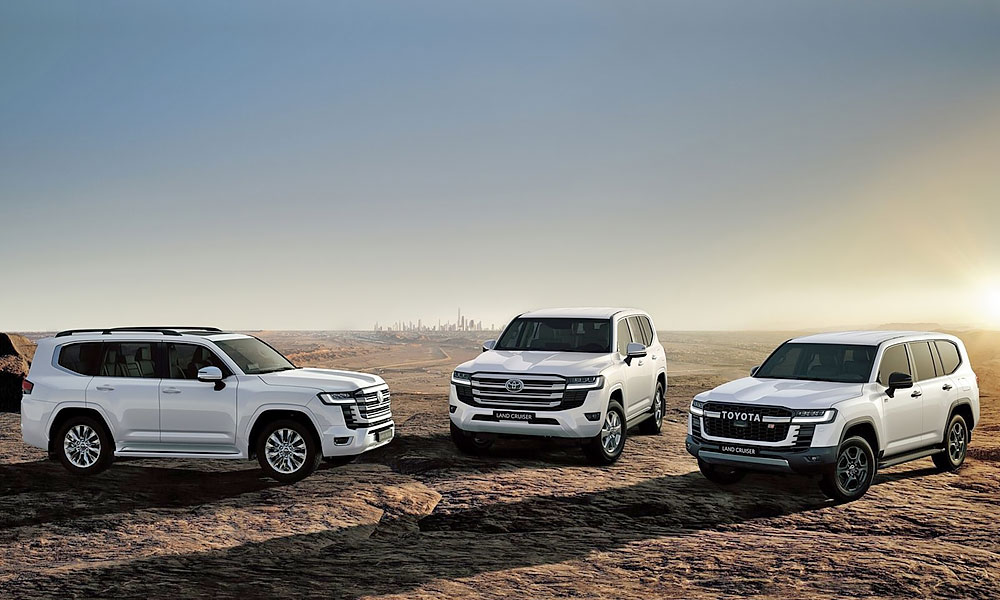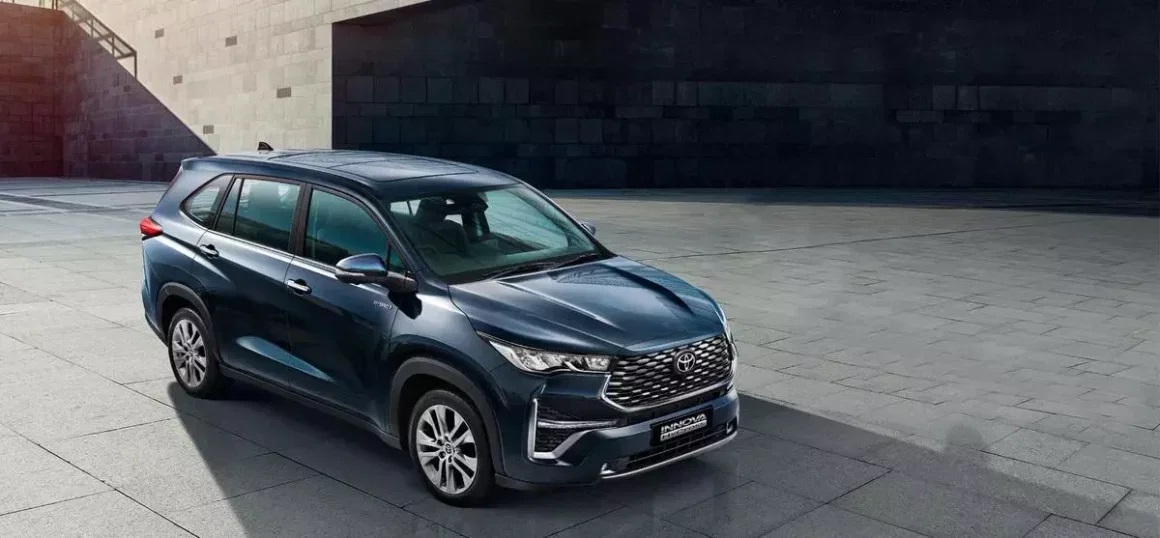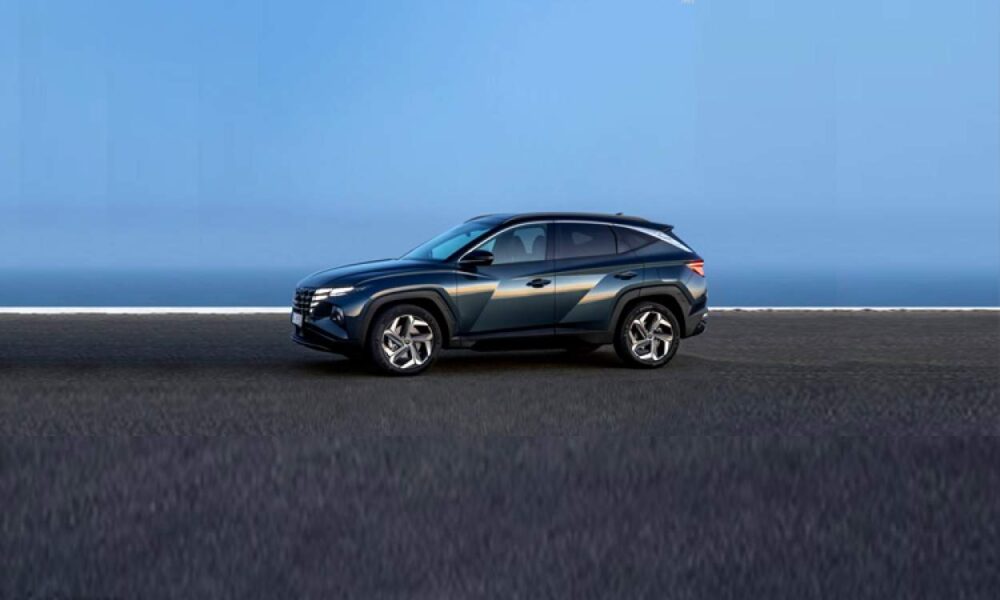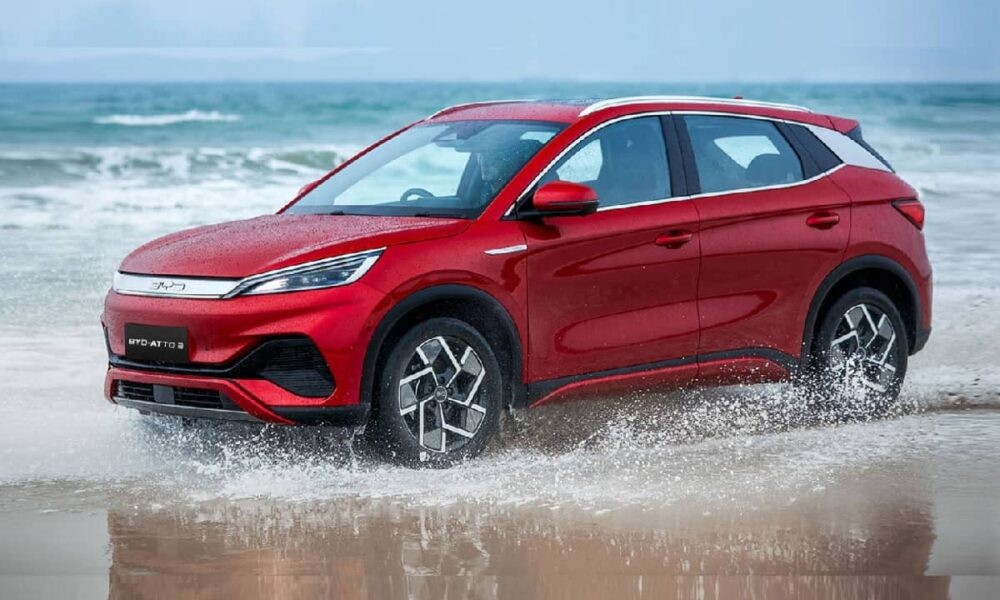When it comes to choosing a vehicle, there are many different options to consider. Two popular choices are SUVs and crossovers. While these two types of vehicles may seem similar, there are actually some key differences that set them apart.
SUVs
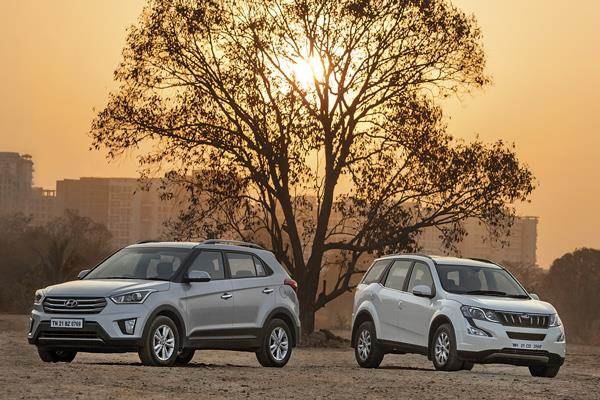
SUV stands for Sport Utility Vehicle. These vehicles are typically larger than crossovers and are designed for off-road use. SUVs are often built on truck frames and have a body-on-frame construction. This means that the body of the vehicle is mounted onto a separate frame, which provides added strength and durability.
One of the benefits of an SUV is that it can tow heavy loads and handle rough terrain. If you enjoy camping or outdoor activities, an SUV may be a good choice for you. However, there are some downsides to SUVs as well. They tend to be less fuel-efficient than crossovers and can be more difficult to maneuver in tight spaces.
Crossovers
Crossovers are a relatively new type of vehicle that combines the features of an SUV with those of a car. They are built on a car platform and have a unibody construction, meaning that the body and frame are one unit. Crossovers are typically smaller than SUVs and are designed for use on paved roads.
One of the benefits of a crossover is that it offers a more comfortable ride than an SUV. Crossovers are also more fuel-efficient and easier to handle in tight spaces. However, they may not be as capable off-road as an SUV.
Which is Right for You?
When it comes down to choosing between an SUV and a crossover, it really depends on your needs and preferences. If you need a vehicle that can handle heavy loads and rough terrain, an SUV may be the way to go. However, if you are looking for a more fuel-efficient and comfortable ride, a crossover may be a better choice.
It’s also important to consider your lifestyle and driving habits. If you live in a city and frequently drive in traffic, a crossover may be easier to maneuver and park. On the other hand, if you live in a rural area and frequently travel on unpaved roads, an SUV may be a better choice.
Conclusion
Whether you choose an SUV or a crossover, it’s important to understand the differences between the two. By considering your needs and preferences, as well as your lifestyle and driving habits, you can make an informed decision that will meet your needs and provide you with a vehicle that you will enjoy driving for years to come.




